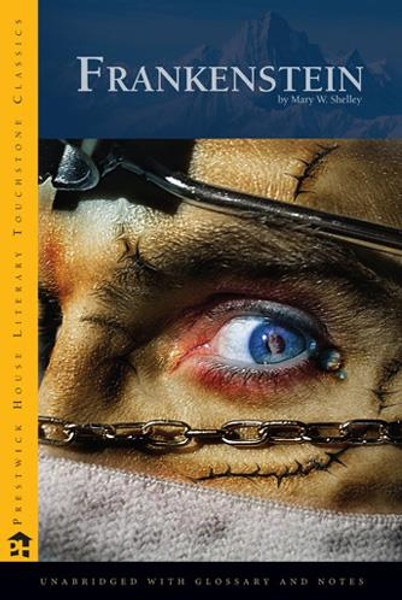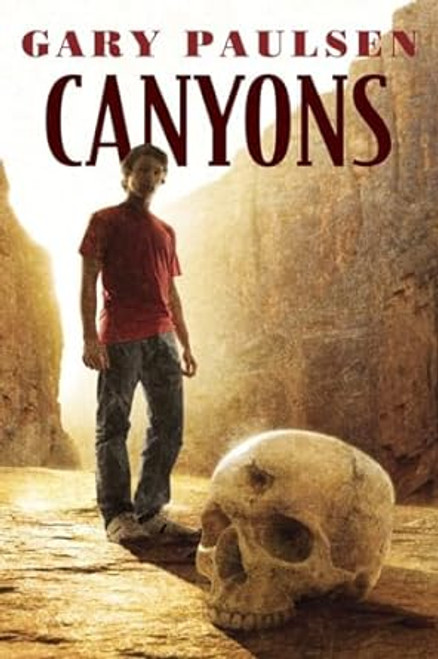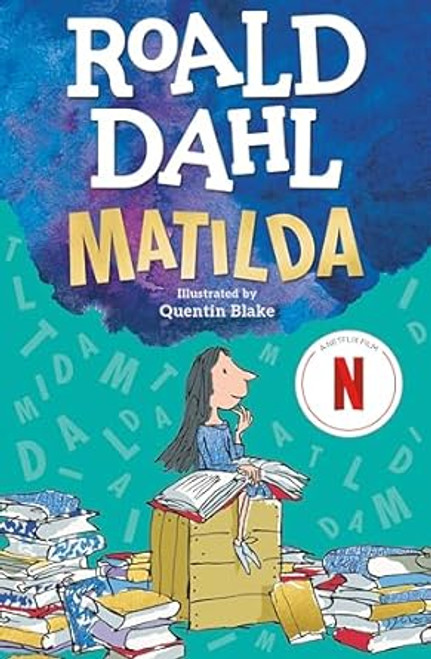Product Overview
Frankenstein: Facing The Consequences Of Scientific Experimentation
Most students know the image of the monster created by Frankenstein, but the story behind the monster is food for thought in many areas: ethics of scientific discovery, diversity and inclusion, what it means to be human...and much more!
Ordering Books for Frankenstein by Mary Shelley
No order minimum; you can order just one copy if that's all you need! :-) Order your class set of books for Frankenstein now, and take advantage of our bulk order discounts!
Notes About The Literary Touchstone Classics Edition of Frankenstein
We think the Literary Touchstone Classic edition of Frankenstein is the best for classroom use. These affordable editions of beloved works are designed by former educators with the needs of both teachers and students in mind.
To help students fully understand the classic work they're studying, every Literary Touchstone Classic includes pre-reading notes that cite important aspects of the text that students should examine and question while reading. Each book also contains an extensive vocabulary list and a glossary that explains unfamiliar allusions and challenging passages.
If you're looking for books that will last for years, Literary Touchstone Classics fit the bill. Sturdy bindings and high-quality paper ensure they'll hold up to repeated use, and they're made in the U.S.A.
Other Editions
If you need to add onto a class set of a different edition or simply prefer another edition, contact us with the ISBN or edition, and we'll check the availability for you.
About the Book Frankenstein |
The story begins with Captain Robert Walton, who is on an expedition to the Arctic. He discovers Victor Frankenstein, who is in a dire state. Victor begins to narrate his tragic tale, revealing his quest for forbidden knowledge. Fascinated by the secrets of life and death, Victor becomes obsessed with creating life from inanimate matter. He spends countless nights in his laboratory and eventually succeeds in animating a creature. However, horrified by the being's monstrous appearance, Victor abandons it. The creature, left to fend for itself, experiences rejection and isolation due to its grotesque form. It finds a remote hut and secretly observes a family, learning to speak and read from their interactions. Despite its efforts to connect with humanity, the creature faces constant rejection, growing increasingly bitter and vengeful. The creature confronts Victor and demands a companion to share its misery. Victor initially agrees but later destroys the second creature, fearing the potential consequences. Enraged, the creature vows to destroy everything Victor loves. What follows is a tragic sequence of events, leading to the deaths of Victor's loved ones and eventually his own pursuit of the creature to the Arctic. The novel ends with Victor's death, leaving Captain Walton to reflect on the dangers of unchecked ambition. The creature, stricken with grief, disappears into the Arctic, leaving readers to ponder the moral and ethical implications of Victor's actions.
|
Themes in the book Frankenstein |
The Dangers of Unchecked Ambition: One of the central themes in Frankenstein is the perilous pursuit of knowledge and the consequences of unchecked ambition. Victor Frankenstein's relentless quest to unlock the secrets of life ultimately leads to his downfall and the destruction of those he loves. This theme serves as a cautionary tale about the potential dangers of scientific and technological advancement without ethical considerations. Isolation and Alienation: Both Victor and the creature experience profound isolation and alienation throughout the novel. Victor isolates himself from society during his experiments, while the creature is ostracized due to its appearance. This theme explores the impact of isolation on the human psyche and raises questions about the nature of humanity and compassion. Ethical Responsibility: The novel raises important ethical questions about the responsibilities of creators towards their creations. Victor's abandonment of the creature highlights the consequences of neglecting one's responsibilities. This theme encourages discussions about the ethical implications of scientific experimentation and the moral obligations of individuals. Nature vs. Nurture: The creature's development and behavior raise questions about the influence of nature versus nurture. Despite its initial innocence and desire for connection, it becomes vengeful due to the rejection and mistreatment it endures. This theme invites discussions about the impact of environment and experiences on human behavior.
|
Activity Ideas for the book Frankenstein |
Character Analysis Divide students into groups and assign each group a character (Victor Frankenstein, The Creature, Elizabeth, etc.). Ask each group to create a character profile, including motivations, personality traits, and key moments in the story. Present findings to the class. Debate on Ethics: Organize a classroom debate on whether Victor's actions were justified. Assign roles as "pro" and "con" teams. Encourage students to use evidence from the text to support their arguments. Letters from the Creature: Ask students to write a series of letters from the Creature to Victor Frankenstein. These letters should express the Creature’s feelings and thoughts at various points in the novel. Modern-Day Frankenstein: Have students research modern scientific advancements that raise ethical concerns (e.g., genetic engineering, AI). Students will then write a paper or create a presentation drawing parallels between these advancements and the themes in Frankenstein. Socratic Seminar: Conduct a Socratic seminar where students discuss key questions about the novel. For example:
Role-Playing Trial: Stage a mock trial where Victor Frankenstein is put on trial for his actions. Assign roles for the judge, jury, prosecution, defense, and witnesses. Students will prepare their cases using evidence from the text and present them in a courtroom setting. Film Comparison: Watch a film adaptation of "Frankenstein" and have students write a comparative essay analyzing the differences and similarities between the book and the movie. Discuss why certain changes may have been made and their impact on the story.
|

Customer Service
- We guarantee you'll have the best customer service experience ever with Teacher's Pet Publications.
- We are here to help make things as easy as possible for you!
- Your information is secure. We don't keep your card number on file anywhere, and we don't sell, rent, or give away your personal information.
- We treat you as we would like to be treated as a customer!
- Need help? Have questions? We're always happy to assist you! Contact Us











